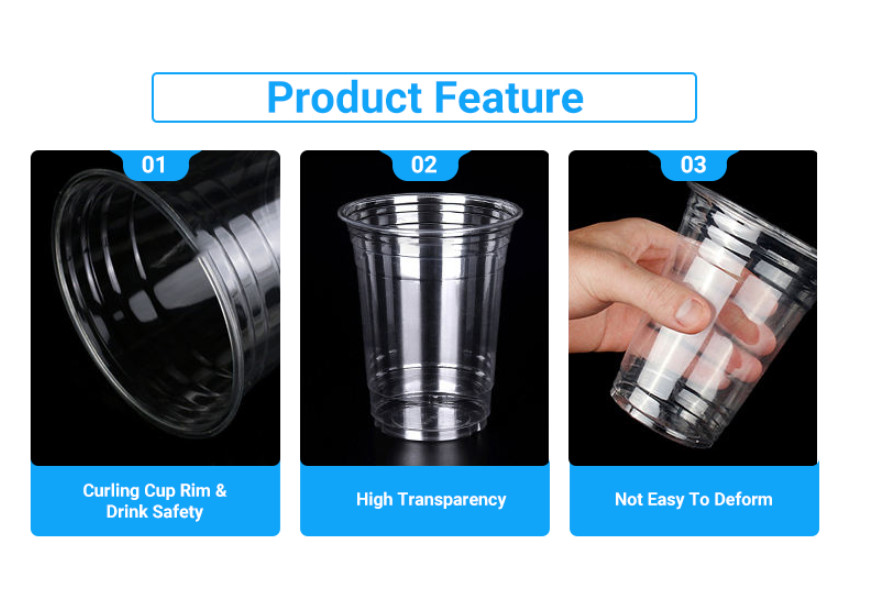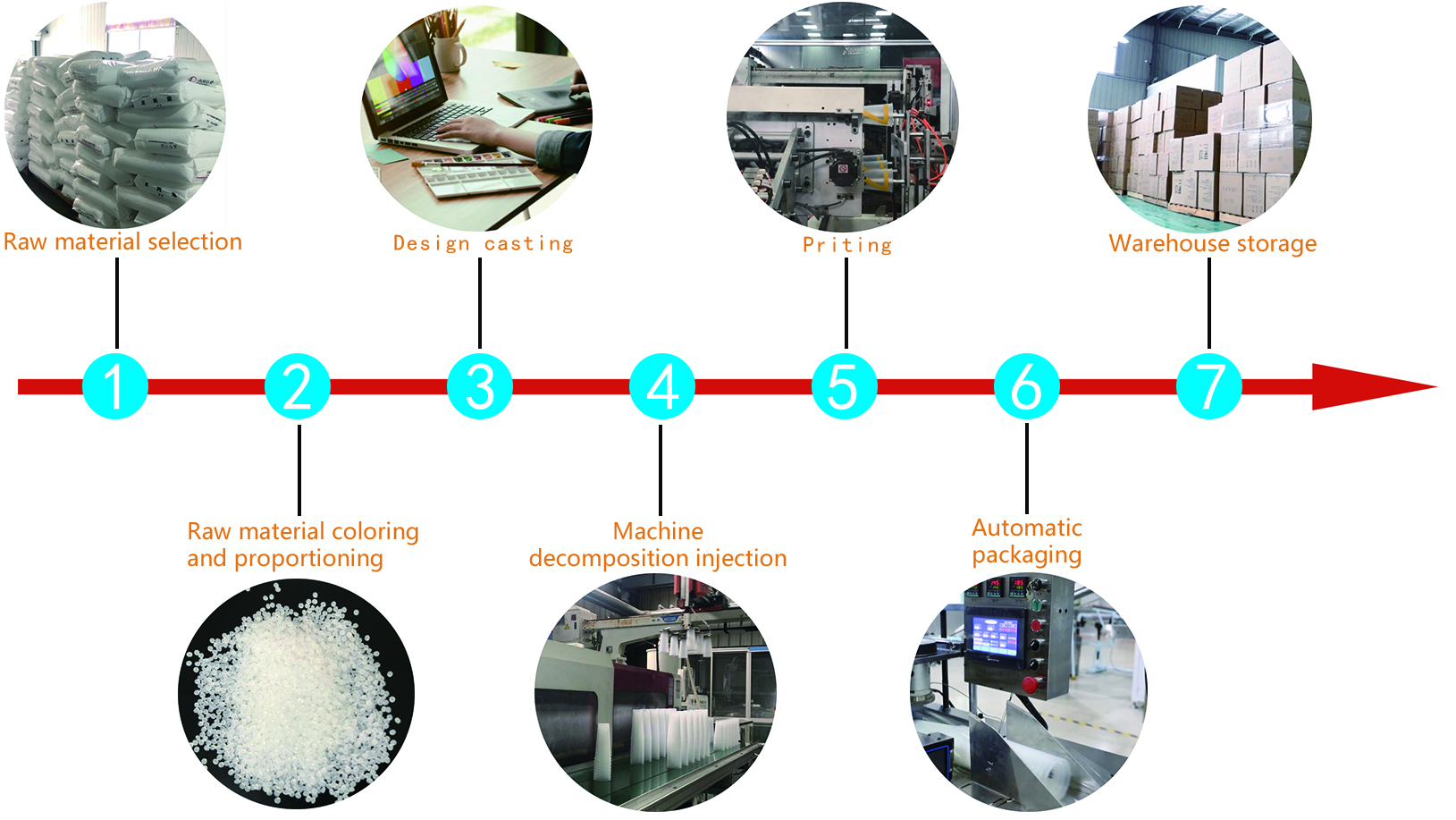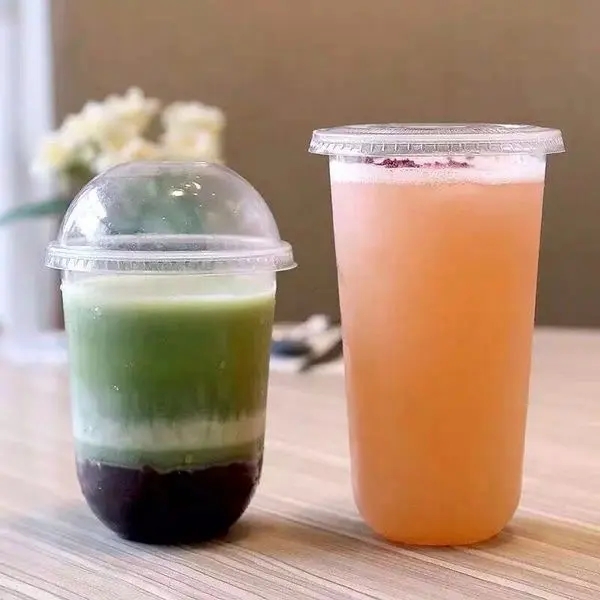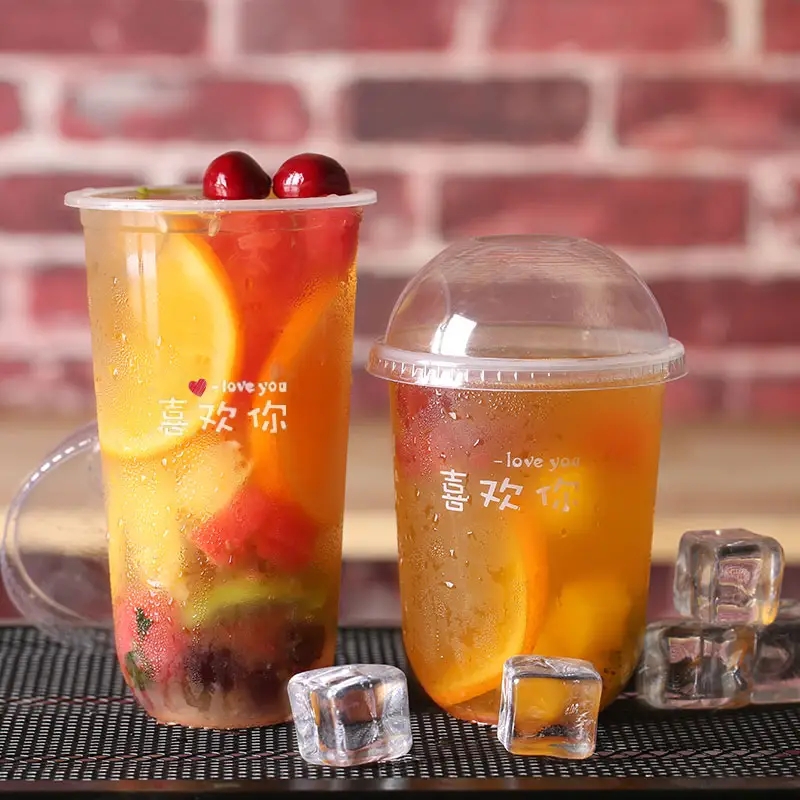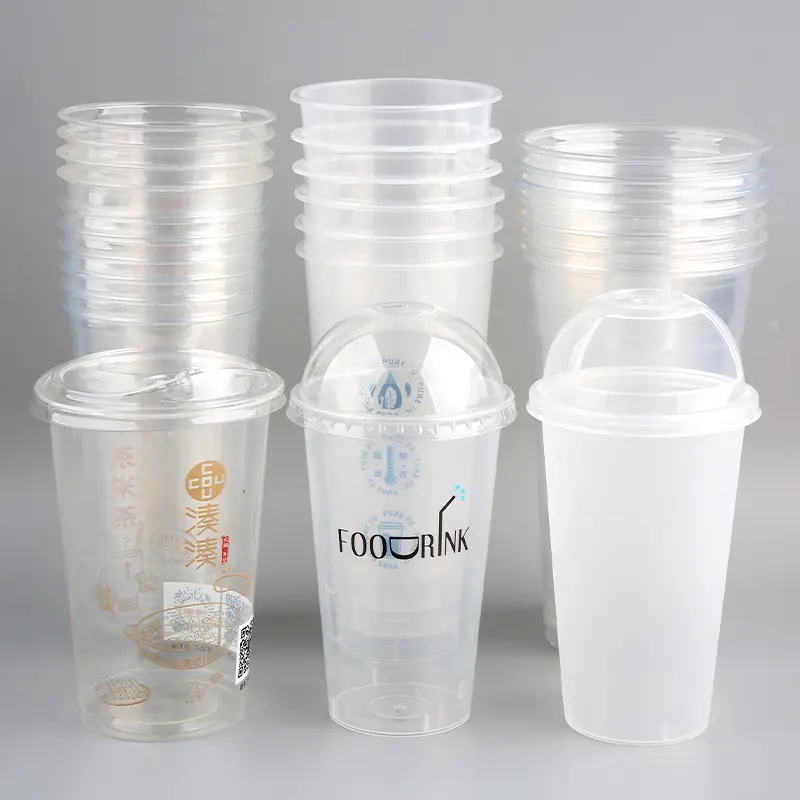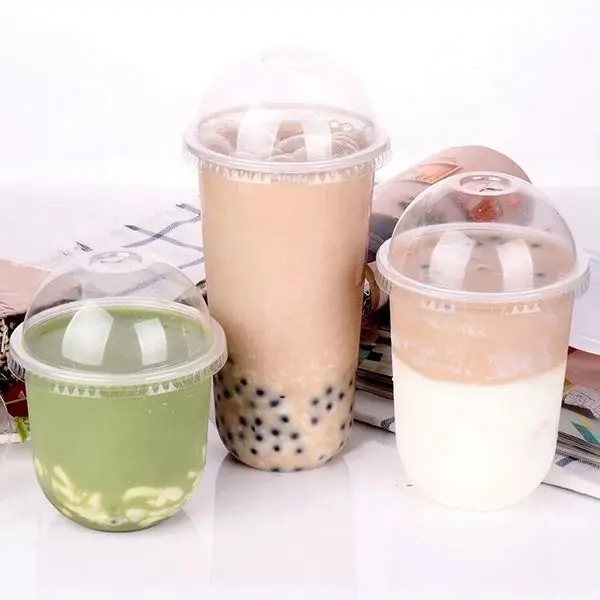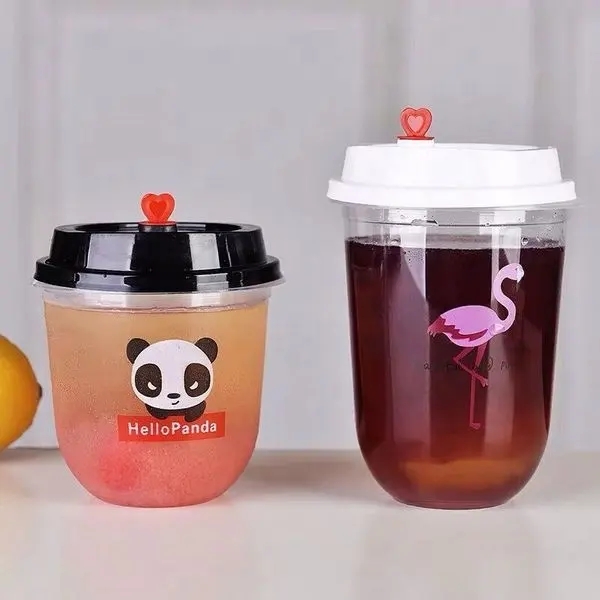Plastic Coffee Cups: Balancing Convenience and Environmental Responsibility
Introduction:
In today’s fast-paced world, plastic coffee cups have become ubiquitous, offering unmatched convenience and practicality for coffee lovers. However, their widespread use has also raised concerns about their environmental impact. In this article, we will explore the delicate balance between the convenience of plastic coffee cups and the imperative of environmental responsibility. By understanding the pros and cons of these cups, we can make informed choices that align with our values and contribute to a sustainable future.
1. Convenience and Practicality:
Plastic coffee cups undoubtedly excel in convenience and practicality. Their lightweight design, spill-proof lids, and durability make them the go-to choice for people with busy lifestyles. Whether you’re rushing to work, running errands, or enjoying outdoor activities, plastic cups provide a hassle-free way to enjoy your coffee on the move.
2. The Plastic Predicament:
The convenience of plastic coffee cups comes with a significant environmental cost. Most conventional plastics are non-biodegradable and can persist in the environment for centuries, contributing to pollution and harming wildlife. The improper disposal of plastic cups exacerbates the problem, leading to plastic waste in landfills and oceans. As responsible consumers, we must confront the plastic predicament and seek ways to mitigate its impact.
3. Embracing Eco-Friendly Alternatives:
Thankfully, eco-conscious initiatives have given rise to eco-friendly alternatives. Many manufacturers now offer plastic coffee cups made from biodegradable or compostable materials. These cups break down naturally, reducing their environmental footprint and minimizing harm to ecosystems. By opting for these eco-friendly options, coffee lovers can still enjoy the convenience of plastic cups while supporting a more sustainable coffee culture.
4. Rethinking Disposable Culture:
While reusable plastic coffee cups offer a step towards sustainability, we must also address the broader issue of disposable culture. Repeatedly discarding single-use cups, even if biodegradable, still contributes to waste. Encouraging the use of reusable coffee cups made from durable materials like stainless steel or glass can significantly reduce our reliance on disposable options and lessen the environmental impact.
5. Individual Responsibility and Collective Action:
Ultimately, the solution lies in individual responsibility and collective action. As consumers, we can make conscious choices by opting for eco-friendly and reusable coffee cups. Businesses can play a vital role by offering incentives for customers who bring their reusable cups or by providing eco-friendly alternatives. Additionally, supporting initiatives to reduce plastic waste and promote sustainable coffee practices can drive positive change on a larger scale.
Conclusion:
Plastic coffee cups represent a delicate balance between convenience and environmental responsibility. While their practicality is undeniable, their environmental impact calls for thoughtful consideration. Embracing eco-friendly alternatives and encouraging reusable cup usage can transform the coffee culture, making it more sustainable and environmentally conscious. By aligning our choices with our values, we can create a future where convenience and environmental responsibility coexist harmoniously, ensuring that the simple pleasure of enjoying coffee does not come at the cost of our planet’s well-being.



